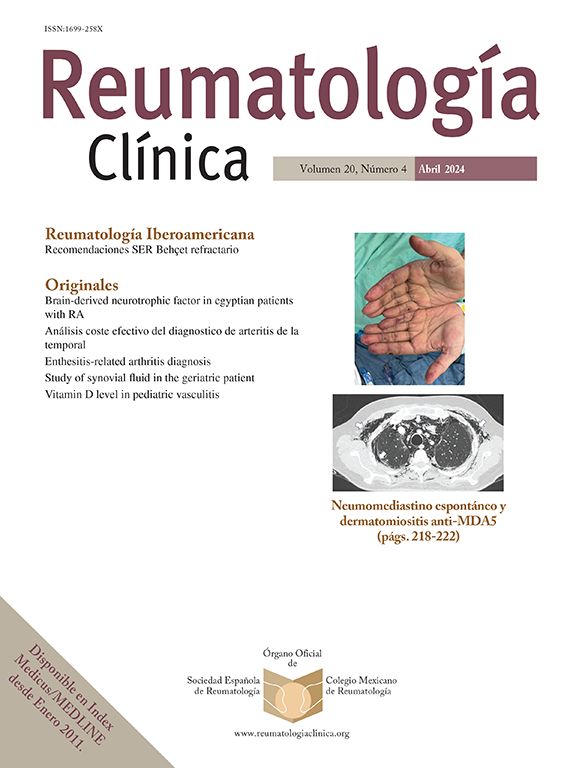La investigación cualitativa en el ámbito clínico ofrece una alternativa para el estudio de las enfermedades reumáticas que toma en cuenta la perspectiva del paciente y su contexto cultural en conjunto con el sistema biomédico. Dado que la característica principal de este tipo de investigación es la obtención de respuestas acerca del significado y el sentido que tiene la enfermedad para las personas y su entorno familiar, este tipo de investigación complementa los estudios experimentales y cuantitativos que predominan en el área clínica. El proceso de la investigación cualitativa se diferencia de las otras formas de realizar investigación por el tipo de datos obtenidos y la forma de análisis. En muchas áreas de la medicina clínica se observa la aplicación de esta forma de hacer investigación, desde los estudios epidemiológicos hasta los estudios de ética clínica.
Qualitative research in a clinical environment is an alternative in the study of the complexity of rheumatic diseases and takes patients’ perspectives and their cultural contexts, as well as the biomedical system, into account. Given that the main objective of this type of research is to provide information on what a given disease means to patients and their families, it is complementary to the experimental and quantitative studies that prevail in the present clinical setting. The process of qualitative research differs from that of other approaches in the data obtained and their analysis. This type of research is used in many different settings of clinical medicine, ranging from epidemiological to clinical ethics studies.






